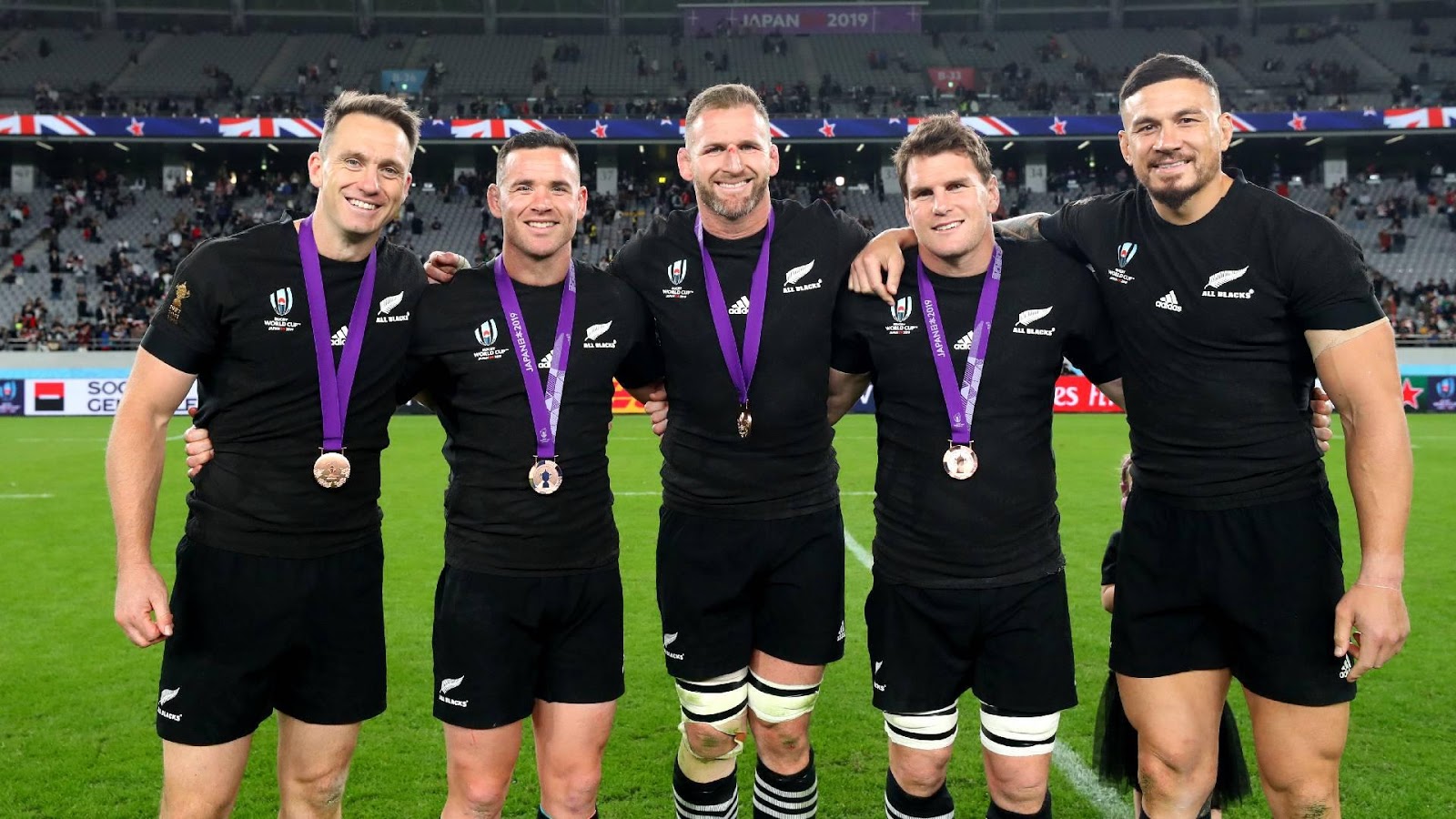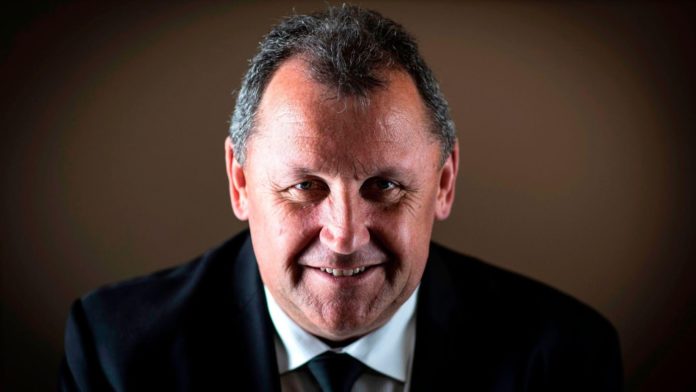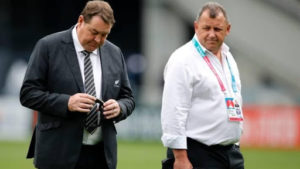International rugby has been put on hold owing to the Covid19 crisis and the international calendar for 2020 will be off. However, that doesn’t stop the newly appointed All Blacks head coach Ian Foster from continuing his duties, with Super Rugby Aotearoa kicking off last weekend.
ThePapare’s Shanaka Amarasinghe got 1 on 1 in an exclusive with Ian during this time.
Q: Many congratulations on the job Ian. How was your state of mind during the Head Coach selection process? Did the continuity NZRU have been looking to build, make you a slight favourite, perhaps?
I had no idea whether I was a favourite or not…my state of mind was with 8 years as an Assistant and mindset, what do I need, to grow the current environment and I came up with a plan to present. It was about keeping some things and growing others.
Q: What’s the most daunting thing about becoming the Head Coach after a long stint as assistant? Do you change a lot, or is the whole point that you keep doing what has brought an approximately 90% success rate?
The buck stops with the Head Coach and there is no escaping that simple truth and that can be daunting or it can be exciting. it’s daunting if I think if I’m the only one in charge but it’s really exciting for me that I can drive a collaborative approach that suits the team and the caliber of players and management that we have at the moment.
Q: You had a long playing career for Waikato. How does that experience help you as a coach?
I think every experience helps and grows you. For me, I loved playing for Waikato and the Chiefs and I had a lot of different coaches over a long period and that exposed me to different styles of coaching that I learnt from. I was probably never good enough to play as an international and I had to work really hard as a player and I also had to do a lot of thinking about the game and I think that is one of the attributes that really helps me as a coach.
Q: As someone who played at time when rugby was less physical and had less of an attritional element, is there part of you that yearns for that again?
No
Q: Given that England, South Africa and (until very recently) France, were intent on packing their sides with big players in order to expose the less physical teams, do you think it’s possible to coach with a different philosophy if you are constantly coming up against bigger – but not correspondingly better – opposition?
It’s critical that the philosophy that we have is deliverable with the skill set and the physicality of players that we have. We fundamentally play a skill based/ decision based game but the game is getting more physical and the players bigger and stronger. We just have to keep adapting and adjusting our philosophy. With our opposition, we just have to keep studying how they want to play. It’s an on-going focus.

Q: With the departure of leaders like Ryan Crotty, Ben Smith and Kieran Read, what is it in the All Blacks group that makes the transitions seamless in terms of new leaders?
Every RWC we lose leaders. It’s part of the natural cycle but the planning is in place to ensure we have leaders that are committed to taking team through the next few years and is part of selection criteria. And I think that the transition to new leaders might look seamless but we put a lot of effort in this space. We are very conscious of the importance of players as leaders and therefore we have a deliberate strategy to grow people on a constant basis in the team.
Q: A complaint I’ve heard from many coaches in the last few years at every level, is that players don’t ‘play what’s in front of them’. Do you think that’s true even at international level to the extent that it is possible to over-coach a player so you take away their creativity?
It is possible to over coach a player and it’s an ongoing challenge as a coach. it’s not over coaching in terms of telling what to do. but we sometimes try to heap too much information onto them fill their heads with so much clutter that they can’t make the decisions they need to make. Part of the art of coaching is to deliver information in a way which makes the complex simple and it empowers the players to make decisions and doesn’t bog them down. It’s our job as coaches to build confidence to get them to make decisions right or wrong and when they make a wrong one, they don’t feel smacked by it but learn from the experience. That’s a huge challenge for us as coaches there is no doubt about that.
Q: How much do you think the game will change this year because of the effects of Covid 19? How quickly do you think the game will bounce back?
Covid 19 has had a massive impact on schedules, there’s no denying it. The 2020 calendar will be very different to what we had planned. We are constantly having to adjust our thinking as things are rapidly changing. I do think the game will bounce back. We still want rugby to be a physical contest. The last decade has shown that the world still loves the game and is enjoyed by many. It will bounce back and the players are really excited about that.
Q: Given the amount of time you have had apart from the players and out of watching Super Rugby, how have you used that time to make sure you hit the ground running?
It’s been difficult not having rugby to watch and players missing opportunities to grow their game and skillsets, but everyone is in the same boat. We are really excited about Super Rugby Aotearoa starting soon. We know that international season will be later in the year. Being an optimist, we have a new coaching group and we’ve been working on how that fits with the existing management group and using the time to grow understanding of each other. It’s been a really key time for us and we’ve used it well. The proof will be in the pudding. We’ve been talking lots and doing experiential learning and bouncing ideas off each other. It’s been a valuable time in many ways. It’s not ideal but we have made the most of it. There won’t be any excuses when we come out of this.
















